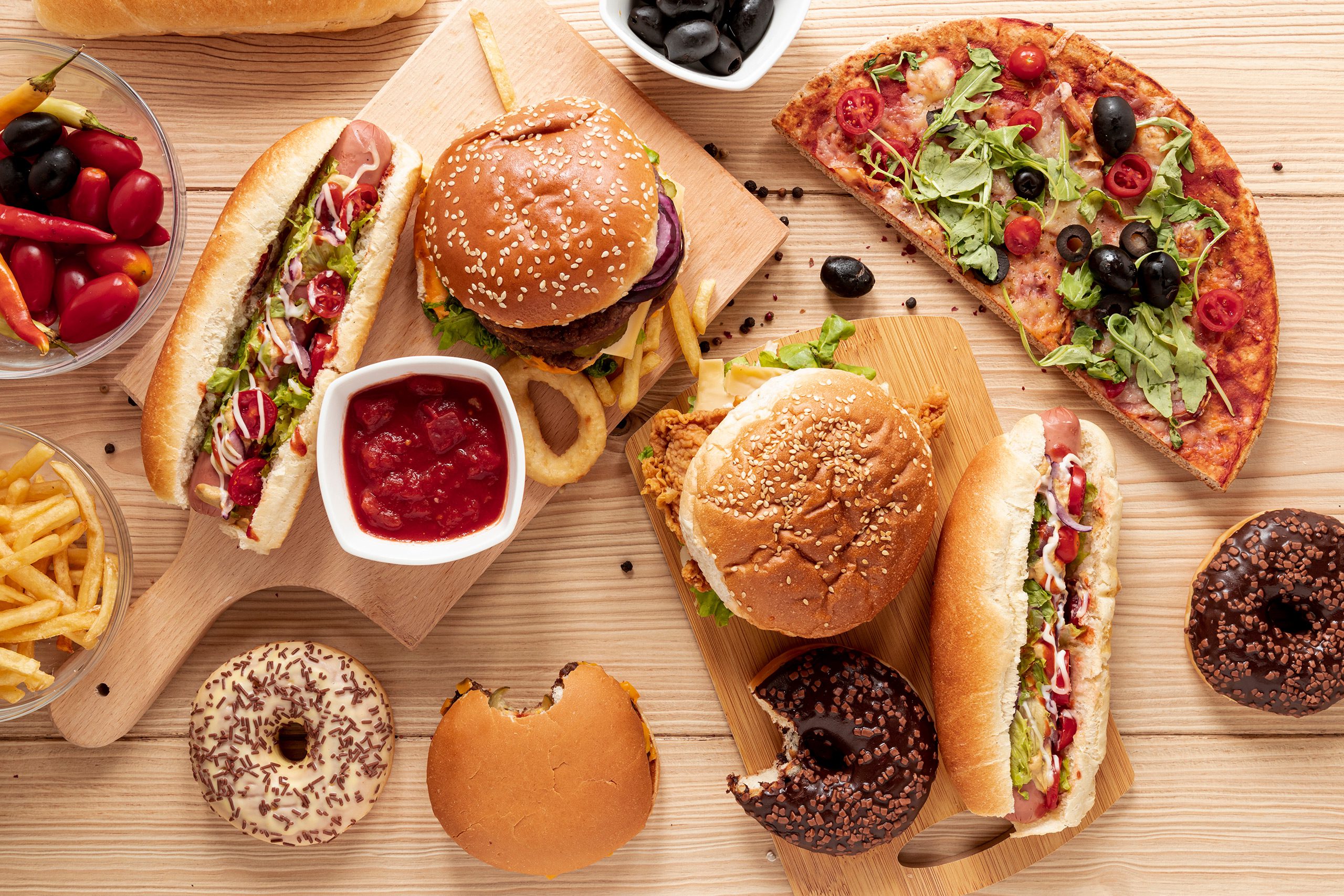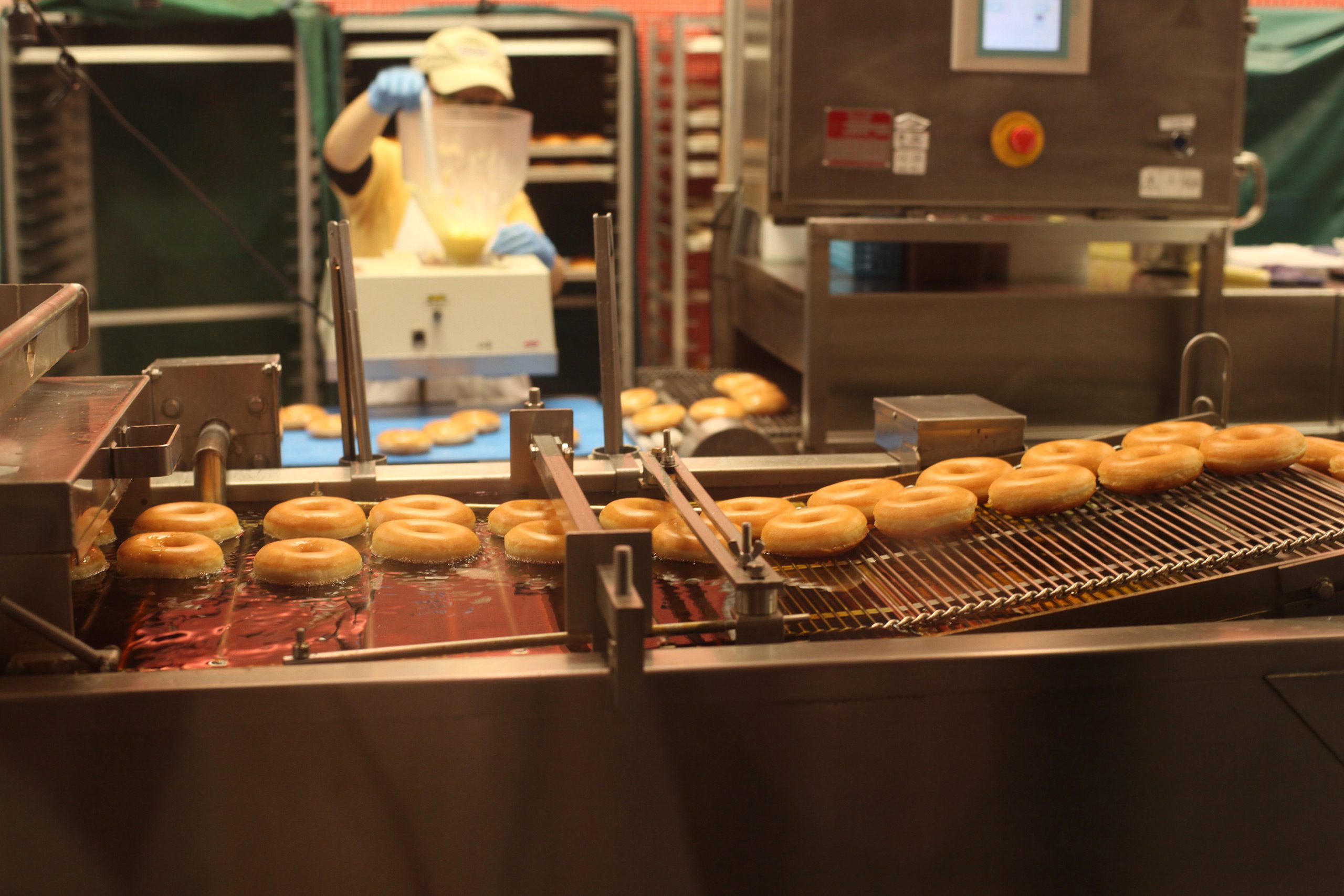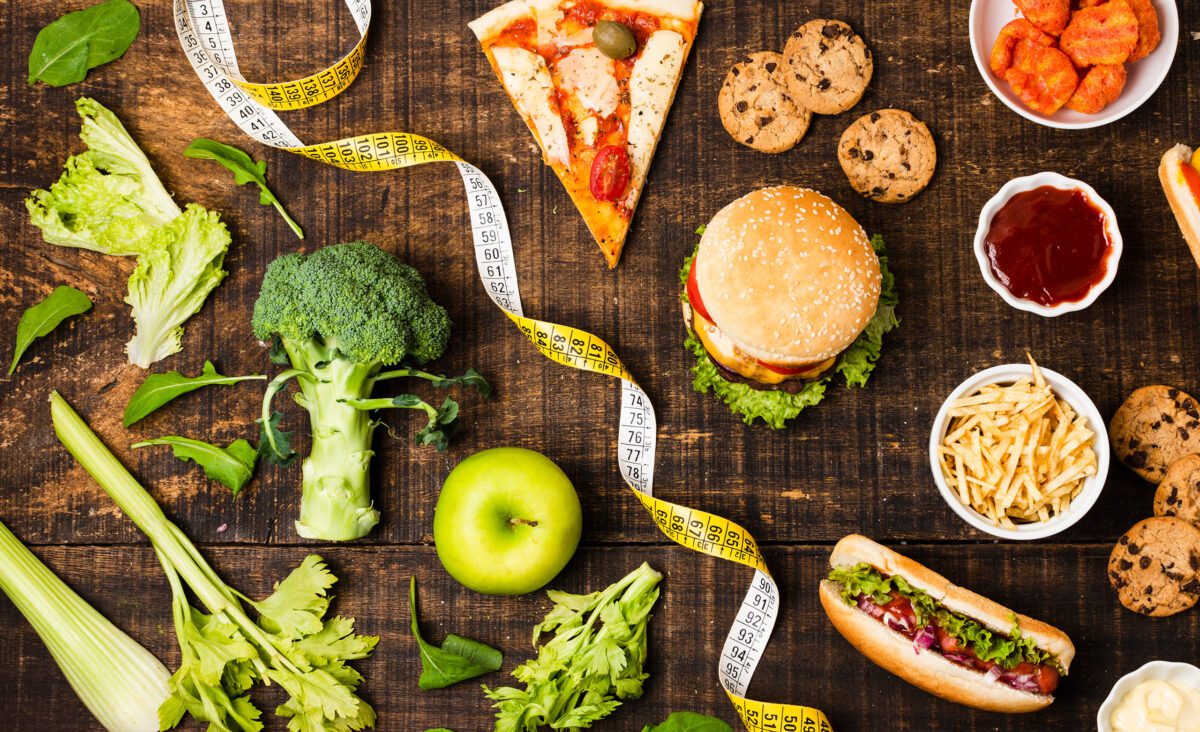Fast Food: A New Normal
Fast food has become an omnipresent component of our modern lives, offering speed and convenience in a constantly accelerating world. However, behind this ease of access lie health issues and environmental concerns.
This article explores the origins of fast food, the challenges and issues it poses, and offers much healthier homemade alternatives.


The Origins of Fast Food
The concept of fast food dates back to the early 20th century with the emergence of the first fast-food chains in the United States. White Castle, founded in 1921, is often considered the first modern fast-food chain, standardizing the production and sale of hamburgers.
The true explosion of fast food occurred after World War II with giants like McDonald’s, founded in 1955, which revolutionized the industry by introducing the franchise model and adopting assembly line production methods.
Statistics show that the fast-food industry has experienced exponential growth. In 1970, Americans spent about $6 billion annually on fast food. By 2020, this figure had skyrocketed to approximately $278 billion. Today, McDonald’s serves more than 69 million customers per day in over 100 countries.
Challenges and issues related to the Fast Food industry
Health
Fast food is frequently associated with health problems due to its high content of calories, saturated fats, sugar, and salt. Regular consumption can lead to issues such as obesity, type 2 diabetes, cardiovascular diseases, and certain types of cancer.
Between 2017 and 2020, the prevalence of obesity among adults in the United States was 41.9%. Additionally, a 2015 study found that people who frequently consume fast food had a 27% increased risk of developing cardiovascular diseases.


Environment
The mass production of fast food also has a significant environmental impact. Intensive farming, mass production, and the excessive use of plastics and non-biodegradable packaging contribute to environmental degradation and climate change.
According to a 2018 study, the fast food industry generates approximately 300 million tons of plastic each year, much of which ends up in the oceans.
Further Reading: https://foodprint.org/issues/the-environmental-impact-of-food-packaging/
Ethics
Working conditions in fast food chains are continually criticized for low wages and precarious employment conditions. Additionally, sourcing practices can be ethically questionable, sometimes involving animal rights violations and unsustainable farming practices.
Food waste is also a major issue in 2024, with fast food chains bearing significant responsibility. Although efforts have been made in recent years, particularly with the French law on waste reduction and circular economy (Agec) enacted in 2020, there is still a long way to go.
Further Reading: French Anti-Waste Law

Our homemade Fast Food recipes
Burgers
Sandwich
Pizza & Quesadillas
Fries & potatoes
Drinks
Conclusion
Fast food, while convenient, poses numerous health and environmental issues. By opting for homemade alternatives, you can enjoy similar dishes while benefiting from better nutrients and reducing your ecological impact. Prepare your own burgers, fries, and pizzas with fresh and healthy ingredients, and discover the pleasure of a balanced and delicious diet.

